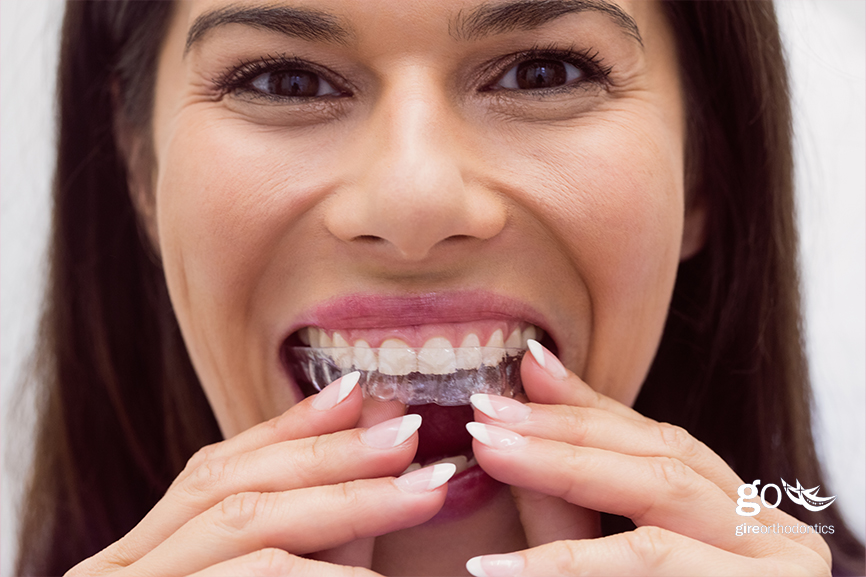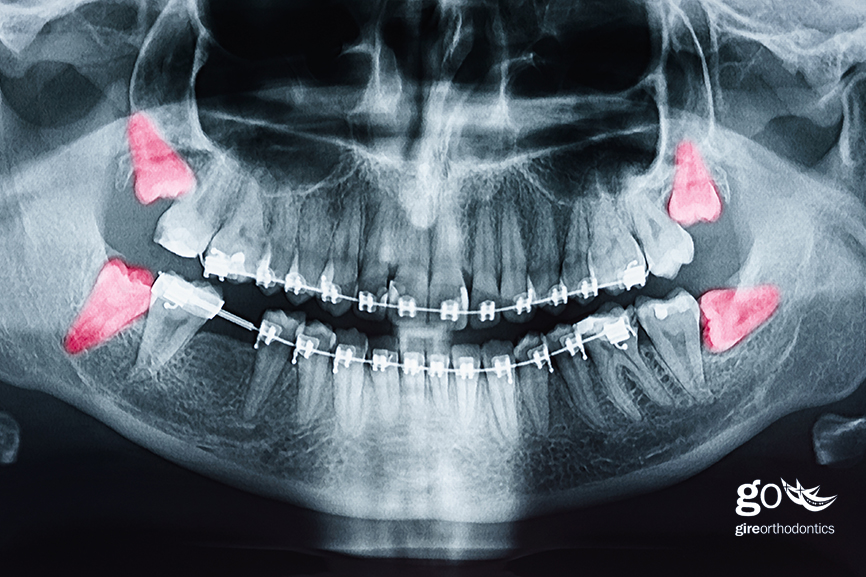
La Habra/Chino Hills, CA – Many individuals undergo orthodontic treatment to correct issues such as crooked teeth, misaligned bites, and overcrowding. However, as we embark on this journey to a better smile, questions often arise about potential factors that can affect the outcome of orthodontic treatment. One common concern is the impact of wisdom teeth on the overall results. Dr. Robert Gire will explore the relationship between wisdom teeth and braces/aligners and address the key questions surrounding this topic.
Understanding Wisdom Teeth
Before diving into how wisdom teeth can affect your outcome, let’s first understand what wisdom teeth are. Wisdom teeth, also known as third molars, typically appear between the ages of 17 and 25. They are the last set of molars located at the back of your mouth. While these teeth served a purpose in our evolutionary history, they are often considered vestigial in modern humans and are known for causing various dental problems.
The Wisdom Teeth Dilemma
The presence of wisdom teeth makes people wonder if their orthodontic result will be affected. The most common reasons brought up include:
1. Crowding: Will wisdom teeth exert pressure on the neighboring teeth as they attempt to emerge? If so, will that pressure lead to overcrowding?
2. Misalignment: Wisdom teeth can emerge at various angles or positions, sometimes causing them to become impacted or partially erupted. IF wisdom teeth push against existing teeth, can the alignment created by orthodontic treatment be altered, leading to the need for additional adjustments?
“Many believe that the wisdom teeth will push the teeth forward and cause crowding later in life. This has never been proven in studies and literature. Without excellent retainer wear, your teeth WILL get crowded, regardless of the presence of wisdom teeth, and that’s well documented,” states Dr. Gire. “Most people don’t have the room to accommodate their wisdom teeth and they’re never going to use them to chew. They’re there to cause problems in the future. I’m a big believer in having them removed for the right reasons. The advantages and reasons of having them removed between the ages of 16 to 20, include: easier removal due to the flexibility of young bone, better bone fill in, faster healing, and less chance of nerve damage or issues.“
If you are seeking orthodontic treatment in your late teens or early 20s and have not had your wisdom teeth erupt yet, your orthodontist can work in conjunction with your dentist or an oral surgeon to ensure their eruption won’t impact your treatment.
“Before we begin any treatment, we create a very carefully detailed plan,” says Dr. Gire. “This plan includes X-rays and imaging that allow us to take into account things such as permanent teeth and wisdom teeth that still need to erupt. We formulate your treatment plan with this in mind to ensure your most ideal results.”To ensure your wisdom teeth don’t have an impact on your orthodontic results, Dr. Gire recommends maintaining all scheduled checkups with your dentist and orthodontist. Follow all care instructions from your orthodontist, including wearing your retainer as directed. By keeping up with post-braces maintenance, you can give your smile the best chance at staying as straight as the day you ended your active treatment.



No Comments